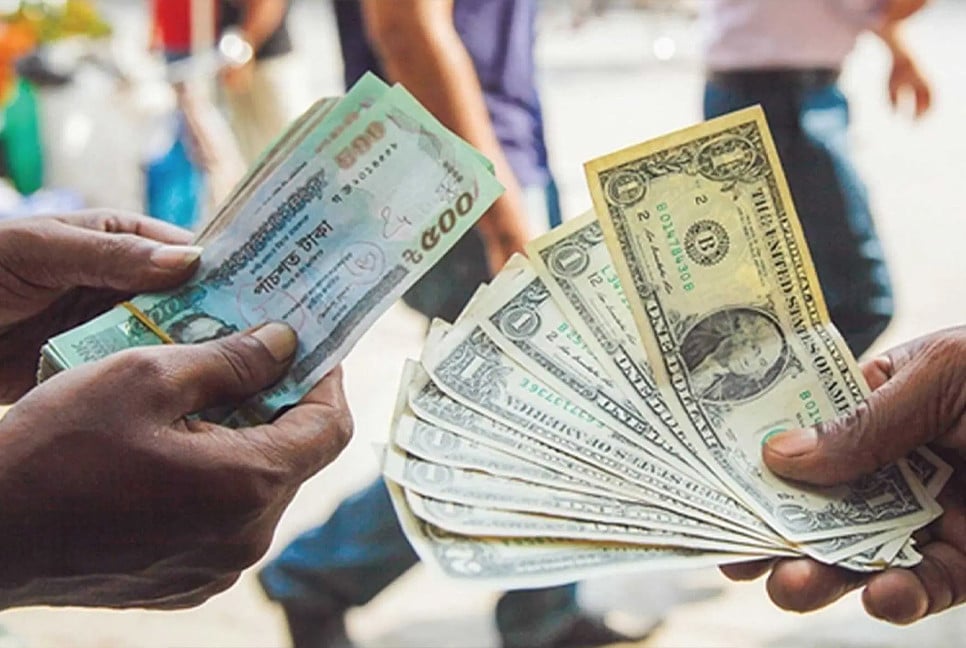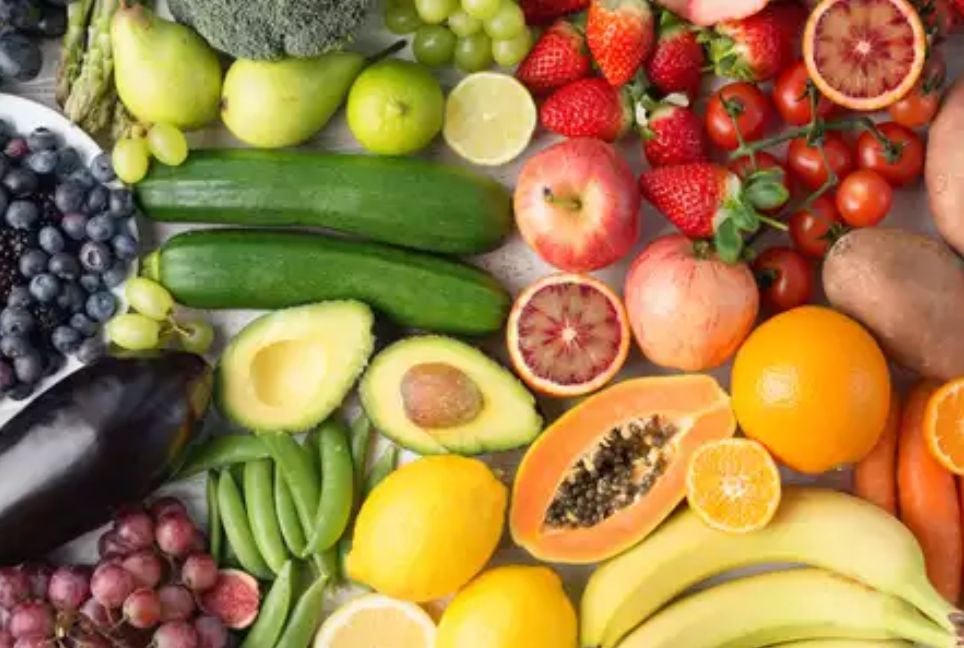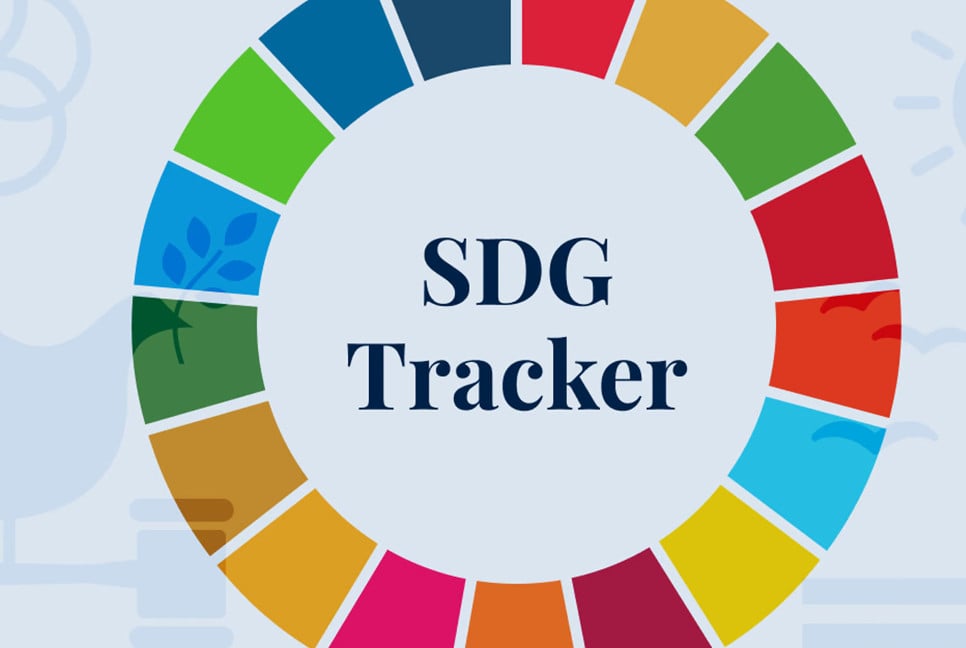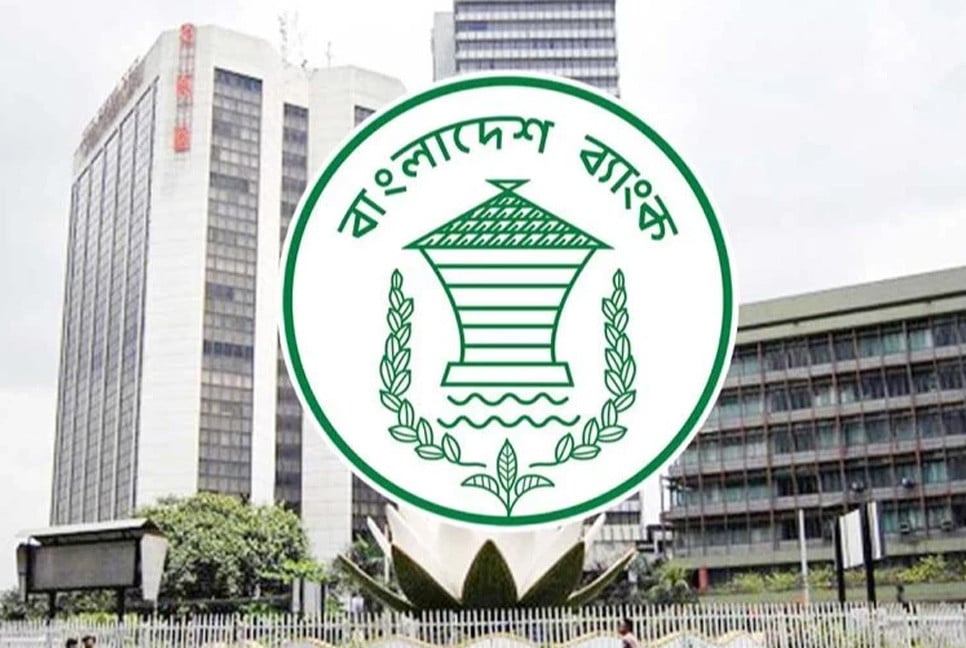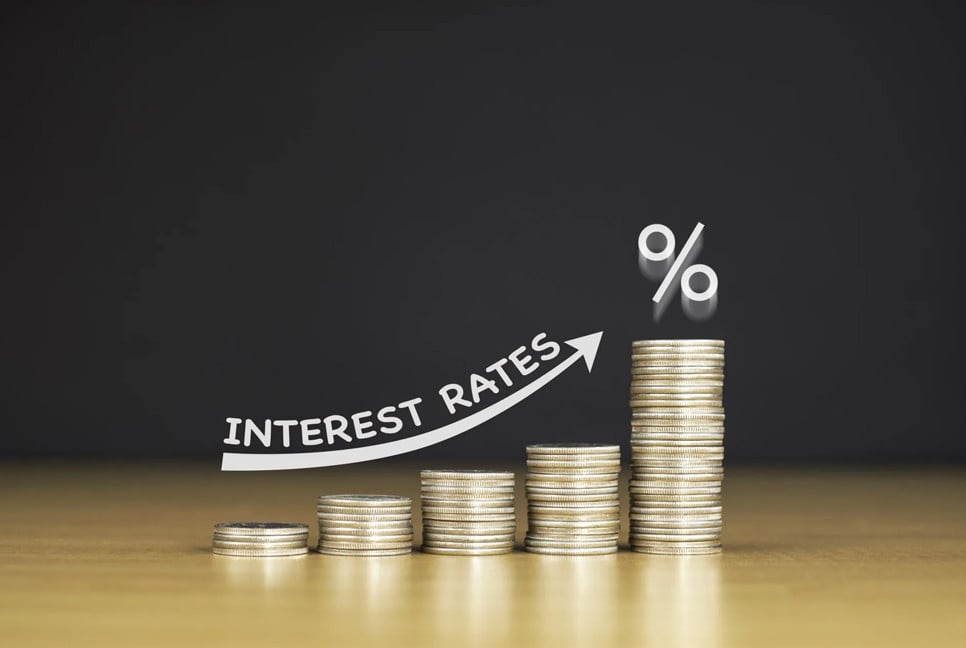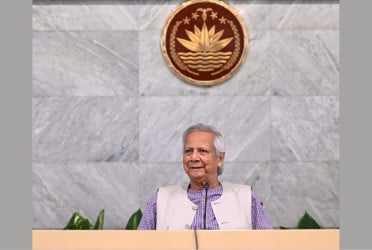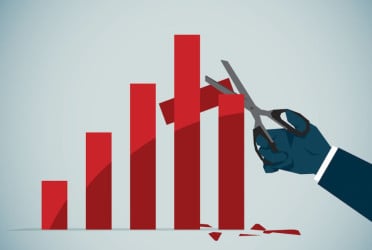The per capita income in the country grew in the local currency taka but shrank in US dollar terms in fiscal year 2023-24, according to the latest figures from the Bangladesh Bureau of Statistics (BBS).
The shift highlights the impact of the taka’s depreciation amid economic challenges.
Final estimates for the last fiscal year place per capita income at $2,738, marking an $11 drop from the previous year’s $2,749.
Earlier, projections for FY24 had suggested a slightly higher figure of $2,784. However, when measured in taka, incomes have risen beyond Tk3 lakh, reaching Tk3, 04, 102 – an increase from Tk2,73,360 in FY23.
Dr Mohammad Abdur Razzaque, chairman of the Research and Policy Integration for Development (RAPID), attributed the decline in dollar terms to the weakening of the taka.
He cautioned that further depreciation could significantly impact GDP.
GDP growth at three-year low
Bangladesh’s economic growth has slowed, with GDP expanding by just 4.22% in FY24.
This is a sharp decline from the earlier estimate of 5.82% and represents the lowest growth rate in three years.
By comparison, GDP growth was 3.45% in FY20, 6.94% in FY21, 7.10% in FY22, and 5.78% in FY23.
Struggles across key sectors
All major sectors – industry, services, and agriculture – faced hurdles in FY24, with industry seeing the biggest slowdown.
Industry grew by just 3.51%, a stark contrast to the 8.37% recorded in FY23. Even the preliminary estimate in May 2024 had suggested a higher figure of 6.66%. Agriculture managed only modest growth at 3.30%, slightly down from 3.37% in the previous year. Meanwhile, the service sector expanded by 5.09%, compared to 5.37% in FY23.
The sluggish performance across these sectors played a major role in the overall dip in GDP growth.
Inflation crisis tightens grip on households
Inflation continued to take a heavy toll on Bangladeshis in 2024, averaging 10.33% – far exceeding the 7.94% wage growth. This widening gap has persisted over the past three years. In 2023, inflation stood at 9.55% against a 7.43% wage increase.
BBS data reveals that food inflation hit 14.10% in 2024, the highest in 16 years.
While initial government figures suggested inflation was below 10%, revised data confirmed it had climbed to 11.66% by July 2024, making it one of the toughest years for consumers.
Dr Zahid Hussain, former lead economist at the World Bank’s Dhaka office, warned that many people were struggling to afford basic necessities.
“Wages remain stagnant while prices keep rising. The government must step up support for those hardest hit,” he urged.
Courtesy: Daily Sun.
Bd-pratidin English/Tanvir Raihan

